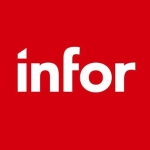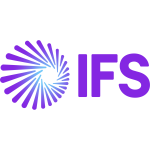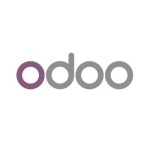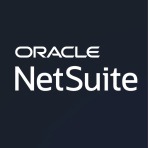I would probably say that the biggest benefit for the company is just having all of the information under one umbrella, in one central location. It's also very useful having the ability to create connections between the different departments within our organization.
To me, it seems overly complicated and the interactions between the modules are unclear to me. Oracle needs to provide training sessions that teach about the interactions, and we need someone in our company who also knows how the pieces fit together. This would go a long way towards helping us fit E-Business Suite to our business. Right now, it's like trying to fit a round peg into a square hole and I feel like we're not using it the way it's supposed to be used. We have to bend the rules or try to force it to do what we want. And it's been difficult.
We use Install Base, Service Contracts, Order Management, and Deeper Repair, and a few other modules. There's just so many that if someone who understood both our business and our tool, then this person could configure E-Business Suits to meet our business needs. Currently, each department needs something different and there are so many changes for each to the solution, that the changes aren't cohesive and, in fact, create problems for each other.
I'd prefer for everything to be web-based and not as a Java program. When I compare it to familiar tools, such as Salesforce and other CRMs, E-Business Suits seems really outdated and difficult to use and navigate.
Deploying it optimally across our various departments has been troublesome.
In my experience, it's been stable, but I think our IT department would say the opposite.
It's scaled, as far as I know. But, again, our IT might not agree.
I don't personally like it all that much, but I know that it does a lot of stuff that's important.
My advice would be to find somebody who knows everything that the tool does and somebody who knows your business. Make sure that you're building it at the beginning to fit your business.











